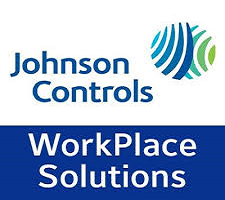October 31, 2014
UK Government announces new research programme into workplace wellbeing
 The UK Government’s interest in what makes us happy continues unabated with the news that it has officially launched its new What Works Centre for Wellbeing. The centre will commission researchers to study ‘the impact that different interventions and services have on wellbeing’. It will focus initially on work and learning, communities, cultural and sporting activities. It claims that the results of the research will help the government, councils, health and wellbeing boards, charities and businesses make decisions on what ‘really matters for the wellbeing of people, communities and the nation as a whole’. The centre is the latest addition to the What Works Network, which was launched by the government last year to improve public services through evidence-based policy. It builds on the work of the Office for National Statistics which has been tasked with measuring national wellbeing, and of the Commission on Wellbeing and Policy.
The UK Government’s interest in what makes us happy continues unabated with the news that it has officially launched its new What Works Centre for Wellbeing. The centre will commission researchers to study ‘the impact that different interventions and services have on wellbeing’. It will focus initially on work and learning, communities, cultural and sporting activities. It claims that the results of the research will help the government, councils, health and wellbeing boards, charities and businesses make decisions on what ‘really matters for the wellbeing of people, communities and the nation as a whole’. The centre is the latest addition to the What Works Network, which was launched by the government last year to improve public services through evidence-based policy. It builds on the work of the Office for National Statistics which has been tasked with measuring national wellbeing, and of the Commission on Wellbeing and Policy.






















October 29, 2014
The business case for green building widens to cover wellness and productivity
by Alison Kitchingman • Comment, Environment, Facilities management, Workplace design
(more…)